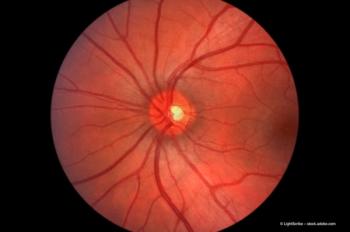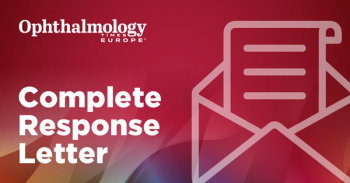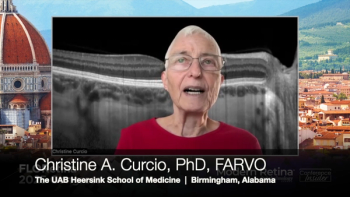
- Ophthalmology Times Europe December 2022
- Volume 18
- Issue 10
What patients do and don't know about stem cell therapy
A recent survey of retinal clinic patients reveals a lack of awareness of the risks and safety issues associated with stem cell therapies.
This article was reviewed by Marissa Patel.
Intravitreal injections of unapproved stem cell therapies have resulted in irreversible blindness. Lack of patient understanding of stem cell treatments, and the actions of predatory practitioners, have led to these devastating consequences. There are currently no stem cell therapies approved by the United States Food and Drug Administration (FDA) to treat retinal diseases, and the clinical trials evaluating their efficacy and safety are only now under way.
Prospective survey and findings
Marissa Patel, an MD candidate at the University of Miami Miller School of Medicine, and Dr Jayanth Sridhar, of the Bascom Palmer Eye Institute, Florida, US, along with their colleagues conducted a survey of patients at a retina clinic to determine their level of understanding of stem cell treatments. The 87 participants who received the survey were adults who presented to the retina clinic because they needed intravitreal injections.
The study ran from 28 February 2020 to 18 March 2021. The main outcome was the percentage of patients who would be willing to undergo an unapproved stem cell therapy. The results of the survey were concerning and reflected the lack of knowledge about the status of stem cell therapies.
Four views uncovered by the survey were as follows (see Figure):
■ 76.7% of respondents said they believed that there are currently stem cell therapies for retinal disease being investigated in FDA-approved trials;
■ 40.7% of respondents said they would consider stem cell therapies that are not approved by the FDA;
■ 65.5% of respondents said they believed that all clinical trials found online were regulated by the FDA; and
■ Only 10.5% of respondents said they knew about the risks associated with non-FDA-approved stem cell therapy used to treat retinal disease.
In addition, 89.7% of respondents had not spoken to a medical professional about the risks and/or the benefits of stem cell therapies for treating retinal disease. Consideration of the responses by ethnic group showed that 66% of Hispanic patients said they believed that all clinical trials found online were regulated by the FDA, in contrast to 34% of non-Hispanic patients, who did not have that belief. This difference reached statistical significance (P = 0.049).
Consideration by sex indicated that 100% of men were aware of the risks associated with unapproved stem cell treatments for retinal disease and no women reported such awareness. This difference was significant (P < 0.001).
The primary finding of this survey is the depth of the confusion among patients being treated with intravitreal injections, regarding the federal regulations of the use of stem cell therapies to treat retinal disease.
Caveats regarding stem cell therapies
Ms Patel explained that proper dissemination of information is important because of the extreme risks (i.e., retinal detachment and irreversible blindness) associated with unproven stem cell therapies. She stated that stem cell clinics advertise online, and many advertise their research on the US National Library of Medicine’s ClinicalTrials.gov site (
According to Ms Patel, information about stem cell clinics should be publicly displayed on commonly encountered patient education sites, such as retinal society websites with patient education aims. Patients should be advised about the status of FDA-approved trials of stem cell therapies, and, more specifically, that no stem cell therapies are currently available. Finally, women and Hispanic patients seem to be more vulnerable to the disseminated misinformation about unapproved stem cell therapies.
Marissa Patel, BA
E: [email protected]
Marissa Patel is an MD candidate at the University of Miami Miller School of Medicine in Florida, US. She has no financial disclosures.
Articles in this issue
about 3 years ago
The truth about invisible posterior vitreous structuresabout 3 years ago
Optimising the ocular surface to achieve good vision after surgeryabout 3 years ago
2023: What ophthalmologists in Europe anticipate for the year aheadNewsletter
Get the essential updates shaping the future of pharma manufacturing and compliance—subscribe today to Pharmaceutical Technology and never miss a breakthrough.




























